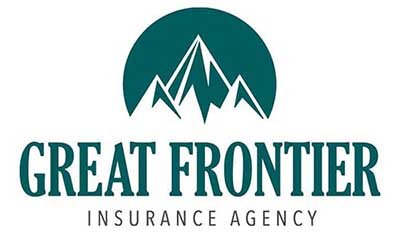Recreational Vehicle/Motorhome Insurance FAQs
RV insurance requirements and coverage can vary depending on the state and individual circumstances. Here are answers to your questions specifically tailored to Colorado:
-
Yes. In Colorado, RV owners are required to have, at a minimum, liability insurance coverage in the event that they cause injuries or property damage to others while operating their RVs as vehicles.
-
In Colorado, RV owners are required to purchase a minimum amount of liability coverage for an RV motorhome:
$25,000 for bodily injury per person
$50,000 for bodily injury per accident
$15,000 for property damage per accident
While the rules for liability insurance vary based on RV type, there are certain kinds of coverage owners of most recreational vehicles should consider investing in. These include comprehensive coverage, uninsured or underinsured coverage, RV roof protection, and pest protection.
-
RV insurance policies work similarly to car insurance and are designed to help protect RV drivers from the cost of repairing or replacing their RV in the event of an accident on the road or damage to the RV while it’s parked or in storage.
Full coverage includes liability protection, which helps pay for injuries to a third party or damages to another vehicle if the driver of the RV is at fault.
Other common RV insurance coverages include collision coverage, which pays for repairs to the RV if it collides with another vehicle or object, and comprehensive coverage, which covers theft of the vehicle, vandalism, fire, damage caused by acts of nature or collision with wildlife, and damage to the windshield.
Uninsured and underinsured motorist coverage helps pay for damages or injuries caused by a collision with a driver who either doesn’t have enough insurance to pay or doesn’t have insurance at all.
Not all RV insurance policies will cover your personal belongings inside. You may find your your motorhome policy offers limited coverage. It's important to review your policy or consult with your insurance provider to understand the coverage.
-
RV insurance is different from auto insurance due to the specific needs and risks associated with recreational vehicles. Auto insurance typically doesn't provide adequate coverage for the additional amenities and features of an RV.
-
When you live in an RV most or all of the time (six months of the year or more), you may need a level of insurance coverage that looks more like a homeowners insurance or renters insurance policy rather than what a standard recreational Colorado RV insurance policy offers.
-
No. Because you’re not driving your travel trailer, no states require you to insure a vehicle that you pull with a car or truck. However, just because trailer/camper insurance isn’t required in Colorado, it’s still a good idea. RV comprehensive and collision coverage protect against theft, vandalism, and any other damage caused by accidents, fire, severe weather, or hitting an animal or object.
-
RV insurance may cover water damage, but specific coverage details can vary depending on your policy. You typically won't be covered if you don't have comprehensive coverage or the water damage to your RV is due to neglected maintenance. Review your insurance terms or speak with your insurance provider to understand the extent of coverage for water-related damages.
Disclaimer: The information provided above is for general informational purposes only and may not reflect the specific terms and conditions of your insurance policy. Insurance policies can vary, and it is important to review your policy and consult with your insurance provider to understand the exact coverage and limitations regarding business use of your vehicle.
Need more help? Contact us and we can help you review your current policy.
